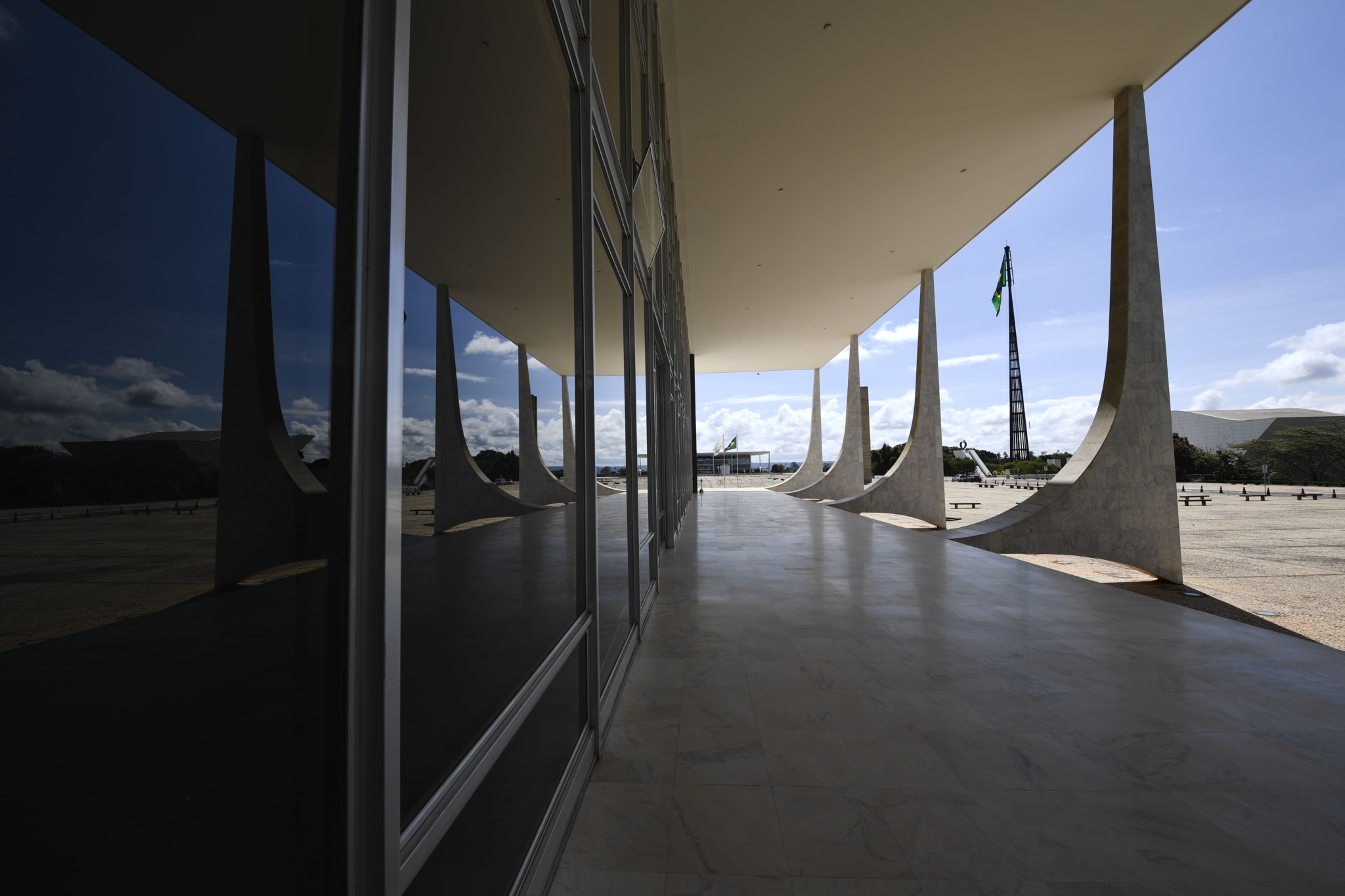The difficulties of enforcing foreign awards in Brazil
 Enforcement of awards is arguably one of the greatest bottlenecks in international commerce. Therefore, when doing business with someone from a different jurisdiction, a party will likely factor in the risks of not being able to fully collect on a favorable award nor reach assets in a counterparty’s own jurisdiction. Part of Custo Brasil (Brazil cost), enforcing foreign awards in the country can be difficult and expensive, but it is possible to prevent frustration.
Enforcement of awards is arguably one of the greatest bottlenecks in international commerce. Therefore, when doing business with someone from a different jurisdiction, a party will likely factor in the risks of not being able to fully collect on a favorable award nor reach assets in a counterparty’s own jurisdiction. Part of Custo Brasil (Brazil cost), enforcing foreign awards in the country can be difficult and expensive, but it is possible to prevent frustration.
A foreign award, whether entered by an arbitral tribunal or a court of law, may not be enforced in Brazil unless it has been recognized as effective by the Superior Court of Justice (‘STJ’). Recognition proceedings could take years and a foreign party doing business with a Brazilian counterparty must account for that time – and the associated legal fees and court expenses – in its estimates of recovery of funds.
The process can be cumbersome. The party interested in obtaining the recognition must file a motion accompanied by the award or its certified copy, and other documents deemed indispensable, which must all be duly translated into Portuguese by a certified translator.
The defeated party has the opportunity to oppose recognition. If there is no opposition, the assessment of the case will be made directly by the Chief Justice of the STJ. But if the defeated party submits any opposition, the case will be distributed to a reporting Justice and will be adjudicated by the STJ’s Special Court, an internal body formed by the 15 (fifteen) longest-serving Justices.
Oppositions to recognition of foreign awards are usually limited to formal and procedural aspects (authenticity of documents, certification of the award by a Brazilian consul, intelligibility of the award, compliance with internal rules issued by STJ, etc.). The STJ is not allowed to review the merits of the award or assess any arguments previously raised in the foreign dispute.
However, the STJ must analyze whether the foreign award complies with fundamental principles of the Brazilian legal system. An award will not be recognized as effective if: (a) it was not issued by a competent foreign authority; (b) the defeated party was not validly served; (c) the judgment was not final and binding in the country of origin; or (d) the award is in breach of Brazil’s sovereignty, rules of public policy, human rights, or Brazilian awards that already became final and binding.
Although not allowed, the defeated parties will customarily seek to revive their merits arguments by disguising them as discussions about Brazilian public policy or sovereignty even though recent cases show that the STJ rarely accepts those types of arguments, and that a failure to meet formal requirements is the main ground on which it denies recognition.
In the case of arbitral awards there are some good news. Brazil is a party to the 1958 Convention on the Recognition and Enforcement of Foreign Arbitral Awards (the so-called New York Convention). Therefore, its legal system is generally in line with international practice and the Brazilian Arbitration Act makes no distinction between international and domestic arbitration.
The only distinction made is between foreign and domestic awards and it is based solely on the place where the arbitral award is rendered. Therefore, an international arbitration may be enforced in Brazil without the necessity of the recognition proceedings before STJ if the award is rendered in Brazil.
In conclusion, if a party wants to avoid the process of recognition when doing business with a Brazilian counterparty the only alternative is the negotiation of favorable governing law and dispute resolution clauses. Arbitration gives the parties flexibility and they may agree to have a dispute seated in Brazil (thereby avoiding recognition) but governed by foreign law and decided on by non-Brazilians.
Image Credit: Agência Senado



































